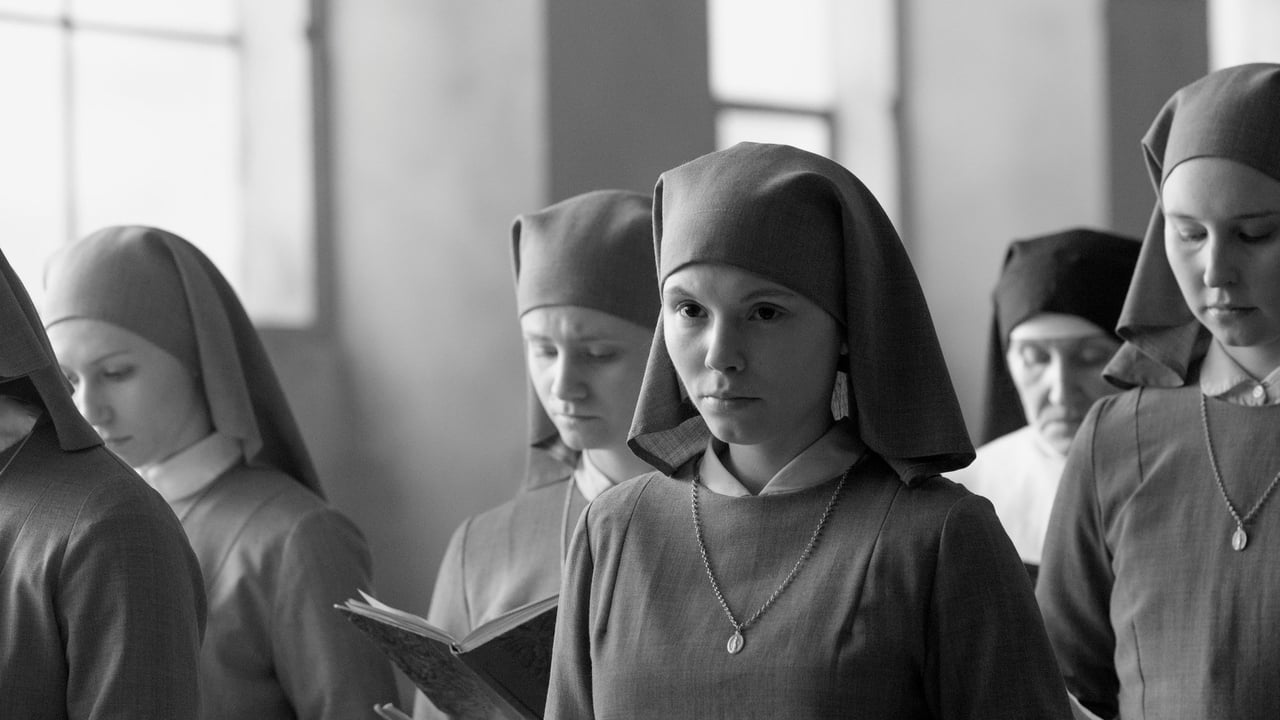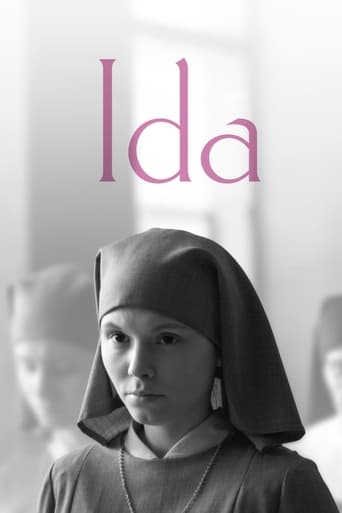

Wonderfully offbeat film!
... View MoreExcellent characters with emotional depth. My wife, daughter and granddaughter all enjoyed it...and me, too! Very good movie! You won't be disappointed.
... View MoreThis is a small, humorous movie in some ways, but it has a huge heart. What a nice experience.
... View MoreThe movie is made so realistic it has a lot of that WoW feeling at the right moments and never tooo over the top. the suspense is done so well and the emotion is felt. Very well put together with the music and all.
... View MoreScenography and pictures are well done, and it rescue movie form compleat disaster. Sadly there is nothing more positive one could say anles is politically motivated. It is another take after "Poklosie" (Aftermath -2012) weak and sad piece of misrepresentation of historical facts. Story is told without balance and proportion that should come when dealing with this kind of narreative. So like in "Aftermath". Again complex polish - jewish relationsships, are clumsily flattened into plot in with younger generation discovers mords committed by polish peasants on their neighbors during WWII. There is so little content in that movie, and so much time waisted, that could be used to educate american audience, like to speak out the true, about brutal german occupation, that was far worse from what countires in west europe had. Instead we have long minutes of looks in the eyes, and quiet and seedy speak. Simply boring. I'm not sure how much the problem was lack of proper budget, or if it was simply shaped to deliver product that would be supported by american jews.
... View MoreOne of the most beautifully shot films you will ever see. Sparse dialog and quiet intensity...it haunts you even after the story stops. Sometimes simplicity is a good thing.
... View MorePawel Pawlikowski's beautifully-shot film 'Ida' is a sparse, yet unconventionally structured, film about a young nun's discovery of a hidden past in 1960s Poland. The Poles suffered terribly in World War Two, but the relationship of the Christian majority to their Jewish neighbours was complex and far from unsullied, and post-war, there was never a public accounting in the way that took place in the aggressor state of Germany. The film addresses the aftermath of this, and does so in an appropriately complex way.The style is familiar from Pawlikowski's other works, like 'Last Resort', and the aesthetic is powerful, even though it always seems a little like cheating to shoot a film set in the past in black-and-white (I should note that in his early works, Kieslowski used colour - and it's absence - wonderfully without resorting to monochrome). Perhaps it's the black-and-white which also reminded me of Jarmusch's 'Stranger than Paradise', although 'Ida' is less a self-conscious film. It won at the Oscars, although one senses that a film of this type can only win at the Academy in the category for foreign-language movies - American Oscar-winners are rarely this indirect and bare. Agata Trzebuchowska is good in the title role, but Agata Kulesza steals the show as her troubled aunt.
... View MoreWell, I do have to give Polish director, Pawel Pawlikowski credit for 2 things in regards to this mind-numbingly bleak tale about a novice nun's change of heart - And that credit goes to - (1) The very effective use of stark, b&w photography. Yes. At times this sort of camera-work was actually quite impressive to behold.(2) Not going completely cliché with this film's excruciatingly slow-paced story and turning it into a Romeo & Juliet picture. 'Cause, believe me, with the introduction of the Lis character into this miserable, little tale, I was certain that we were all in for yet another reworking of Shakespeare's tale of tragic, star-crossed love (post-WW2 style). But, thankfully director Pawlikowski spared us this torture.What makes this truly morbid (and equally depressing) film such a contrast to American films is that if you're waiting for something/anything to actually happen, then you're gonna have to be awfully patient - 'Cause everything in Ida's story is offered up in such small, miserable portions. And this, in turn, is bound to leave the viewer, for the most part, quite dissatisfied.In conclusion - When it comes to "entertainment value", this is definitely the sort of film that requires that the viewer cut it a lot of slack, and, in doing so, not expect to get any joy out of its story in return.
... View More